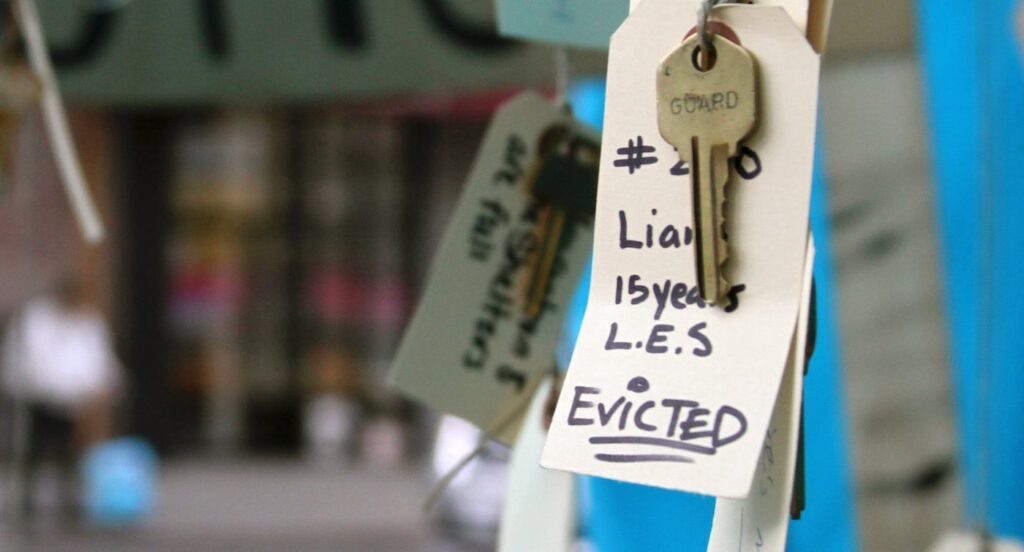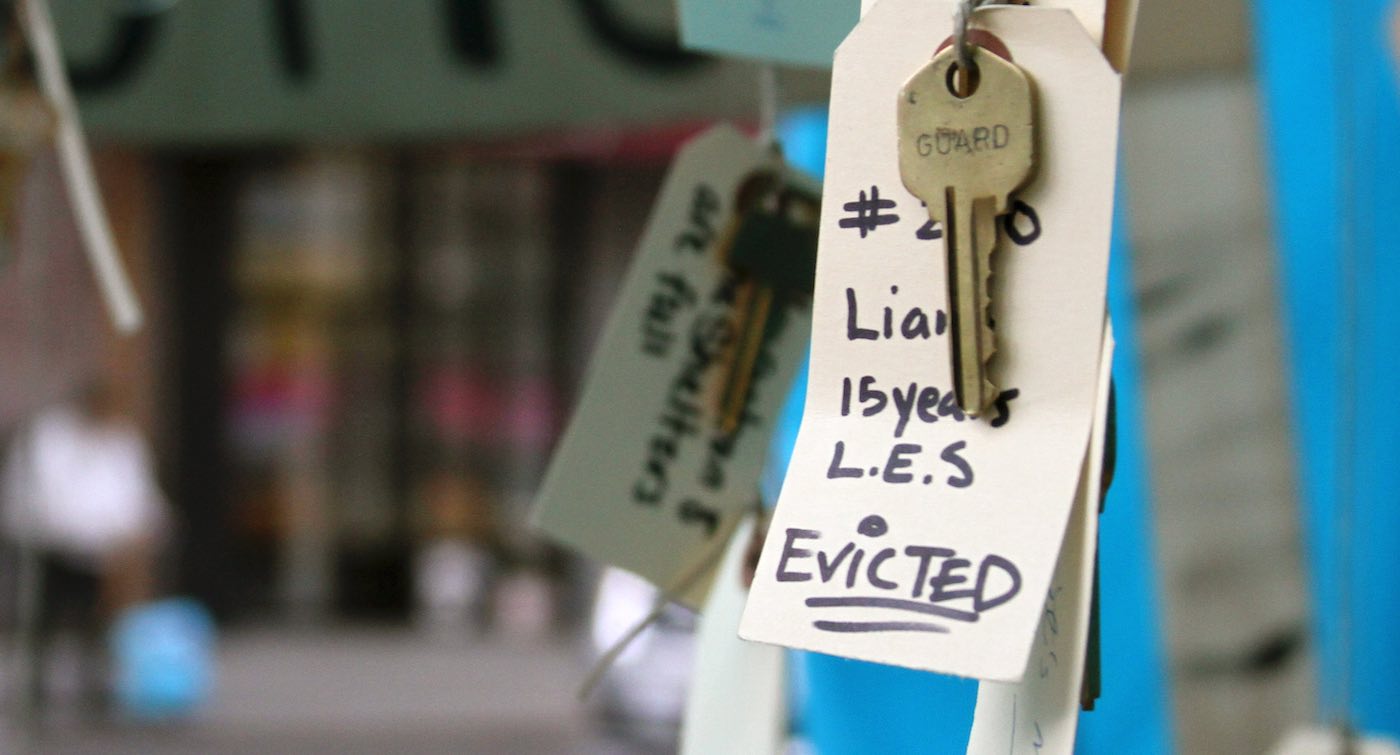Millions of Americans are being impacted by the economic downturn this year, with many even facing eviction.

To ease the strain, the Trump Administration issued an executive order on Sept. 4 that bans evictions due to non-payment through the end of the year.
The order applies to individuals who have personal income less than $99,000, or those who did not need to pay income tax in 2019, or those who received a stimulus check and are unable to pay rent due to income loss or extraordinary out-of-pocket medical expenses.
To be eligible for the eviction protection, you would be required to submit to the landlord or property manager this declaration attesting under oath to your inability to pay, but there may be other hurdles that renters are faced with if they cannot pay their rent this year.
If you need help or advice, there are groups and lawyers who will assist you.
Tenants who need help understanding the new moratorium, filling out their declaration form, or who have questions about eligibility, can contact the The COVID-19 Eviction Defense Project, which provides free legal aid to tenants by pairing volunteer attorneys with tenants facing eviction and other housing issues related to COVID-19 hardship.
“The national moratorium on evictions, when implemented, is a first step that protects millions of Americans from becoming homeless through the December holidays,” said Zach Neumann, co-founder and Executive Director of the non-profit based in Colorado.
RELATED: Innovative Renovations of Old Hotels Make Perfect Affordable Housing –Including Great Amenities
Wells Fargo donates $5.4 million to help
Wells Fargo, as part of its $175 million commitment to COVID relief, is donating $5.4 million in grants to 15 legal assistance organizations that are working to keep people housed through pro bono services and advocacy efforts for renters.
A first-of-its-kind initiative from the Wells Fargo Foundation, the grants will enable the following organizations to provide more free or low-cost legal counseling and attorney representation to people at risk of eviction.
The National Housing Law Project
Alabama – Volunteer Lawyers Birmingham
California – Bay Area Legal Aid
Colorado Legal Services
Florida – Greater Miami Legal Services
Georgia – Atlanta Legal Aid Society
Illinois – Lawyers Committee for Better Housing, in Chicago
Louisiana – Southeast Louisiana Legal Services
Maryland – Pro Bono Resource Center of Maryland
Minnesota – Mid-Minnesota Legal Aid
Missouri – Legal Services of Eastern Missouri
North Carolina – Legal Aid of North Carolina
Pennsylvania – Community Legal Services, in Philadelphia
Texas – Texas Rio Grande Legal Services
Virginia – Housing Opportunities Made Equal, in Richmond
You can also visit legalfaq.org to find a community-based organization in your area that may provide legal assistance, food, healthcare, and other services.
GIVE This Story A Home On Your Social Media Feed to Help Others Who Need it…




















